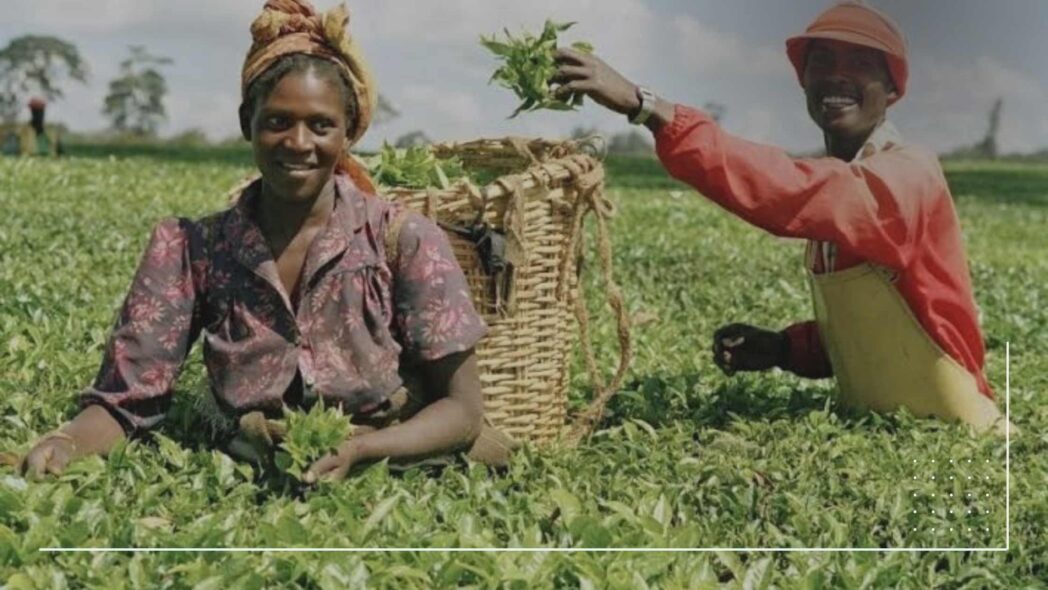
FG to utilise traceability technology in agricultural commodity sector
The Federal Government has announced plans to implement policies aimed at leveraging traceability technology to enhance the quality and sustainability of Nigeria’s agricultural commodity sector.
The Permanent Secretary of the Federal Ministry of Industry, Trade and Investment (FMITI), Mr Nura Rimi, made this known at a one-day stakeholder sensitisation workshop on traceability technology held in Lagos on Thursday.
The workshop was themed “Adoption and Implementation of Traceability Technology in the Agricultural Commodities Production and Export Value Chain.”
Traceability technology involves tracking food products from farm to consumer using various tools such as QR codes, RFID tags, blockchain, and sensor technologies. These systems help ensure food safety, quality, and transparency throughout the supply chain.
Rimi, who was represented by the Assistant Director of Commodities at FMITI, Charles Nwachinemere, stated that establishing a robust traceability framework would create a favourable environment for Nigerian farmers, processors, traders, and exporters to compete in the global market.
He noted that traceability systems are becoming the benchmark for ensuring product quality, transparency, and accountability in supply chains worldwide.
Countries such as the United States and those within the European Union have already implemented mandatory traceability frameworks to enhance food safety and quality.
Rimi emphasised that Nigeria’s adoption of such systems aligns with the Federal Government’s objective of strengthening the agricultural sector’s contribution to the economy while improving competitiveness in international markets.
“This workshop represents a significant step towards fostering understanding and collaboration to fully realise the potential of a national traceability system.
“An effective system has the capacity to revolutionise Nigeria’s agricultural commodities value chain, providing access to international markets and significantly increasing revenue generation for the country.
“Nigeria’s vast natural resources, particularly in agriculture, position the nation as a major global player,” he said.
However, he acknowledged that issues related to product quality, safety, and compliance with international standards have hindered market access.
Rimi reiterated the ministry’s commitment to industrial development, trade facilitation, and investment promotion.
He highlighted that traceability technology would be a key factor in enhancing product credibility, building consumer trust, and ensuring adherence to global standards—critical aspects for boosting Nigeria’s agricultural exports.
The permanent secretary expressed confidence that through collaborative efforts, Nigeria would make substantial progress in elevating agricultural commodities to meet the highest international standards.
Speaking at the event, Lagos State Commissioner for Commerce, Cooperative, Trade, and Investment, Mrs Folashade Ambrose-Medebem, underscored the importance of traceability technology in value creation.
Represented by the Director of the Agribusiness Support Unit, Mrs Muminat Osefa, she remarked that the adoption of traceability systems would not only improve Nigeria’s market competitiveness but also contribute to economic growth.
“When discussing traceability, it means that any product purchased—whether from an open market or a supermarket—can be traced back to its producer or manufacturer.
“This is the global standard, and Nigeria should not be an exception,” she stated.
Ambrose-Medebem noted that for the past three years, Lagos State has been striving to integrate traceability technology into agricultural commodity production.
She assured that with the insights gained from the workshop, the state government would expedite efforts towards full implementation.




